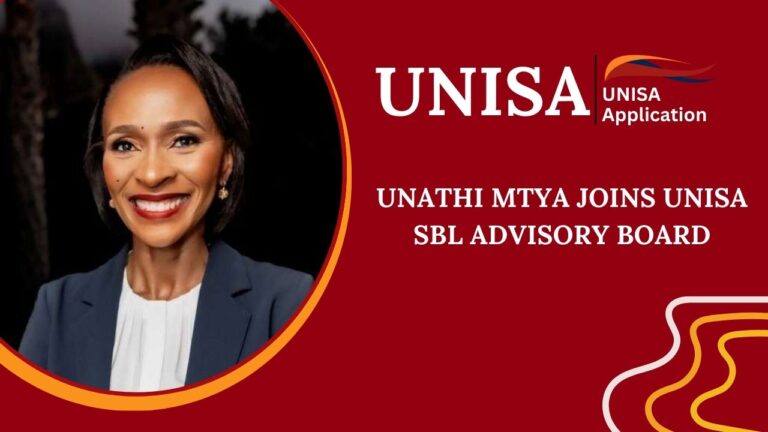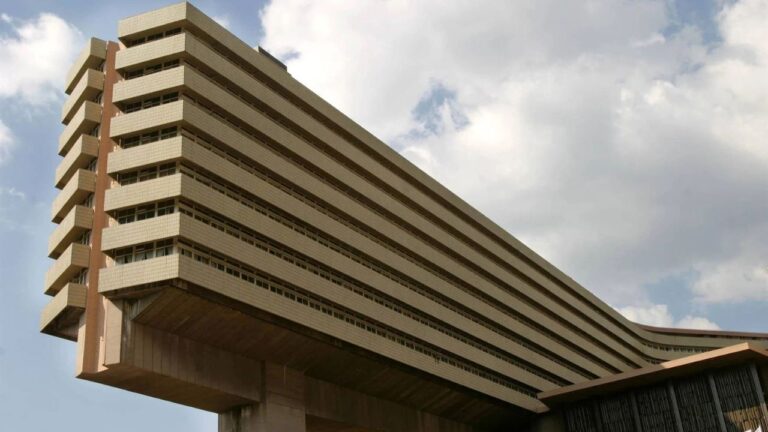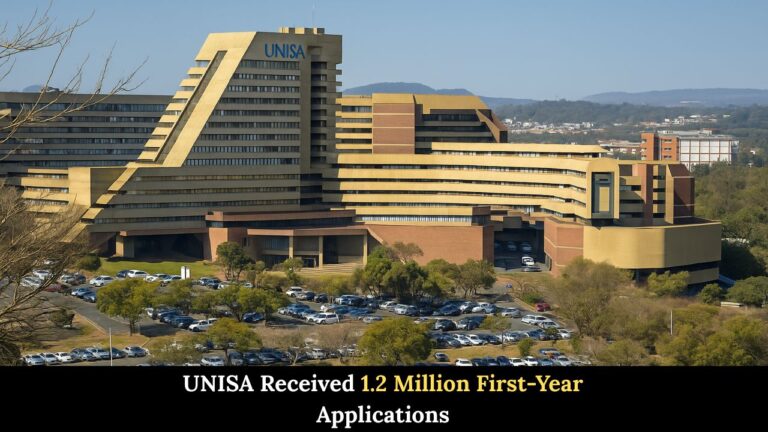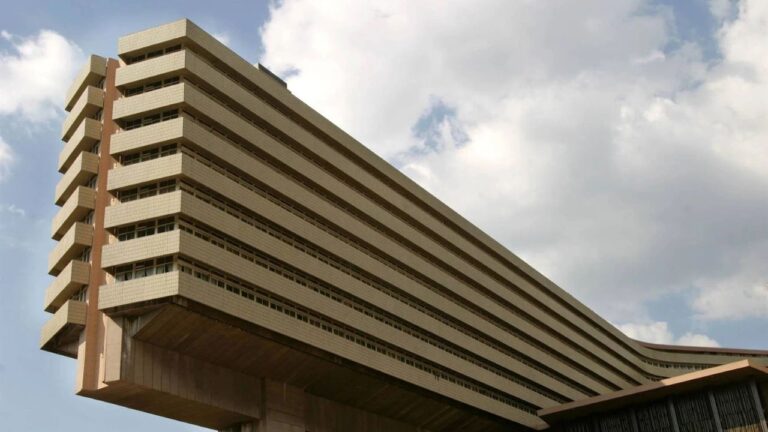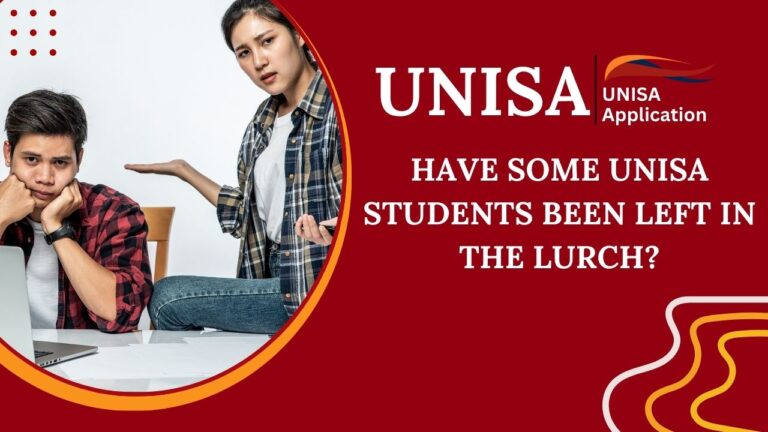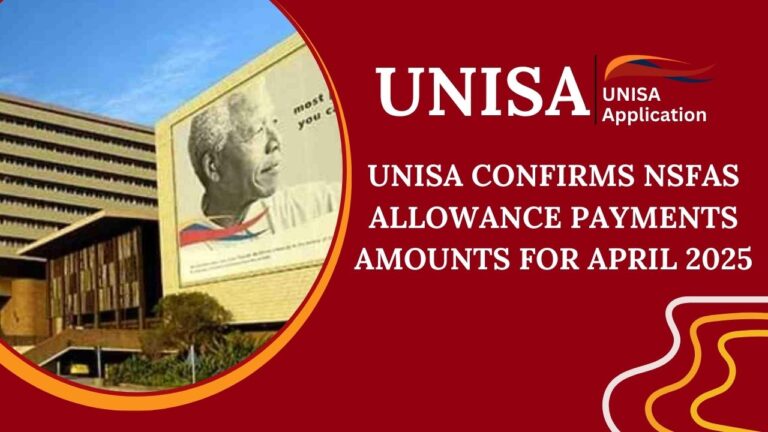UNISA Under Fire as Whistle-Blowers Expose ANC-Linked Spending Scandal
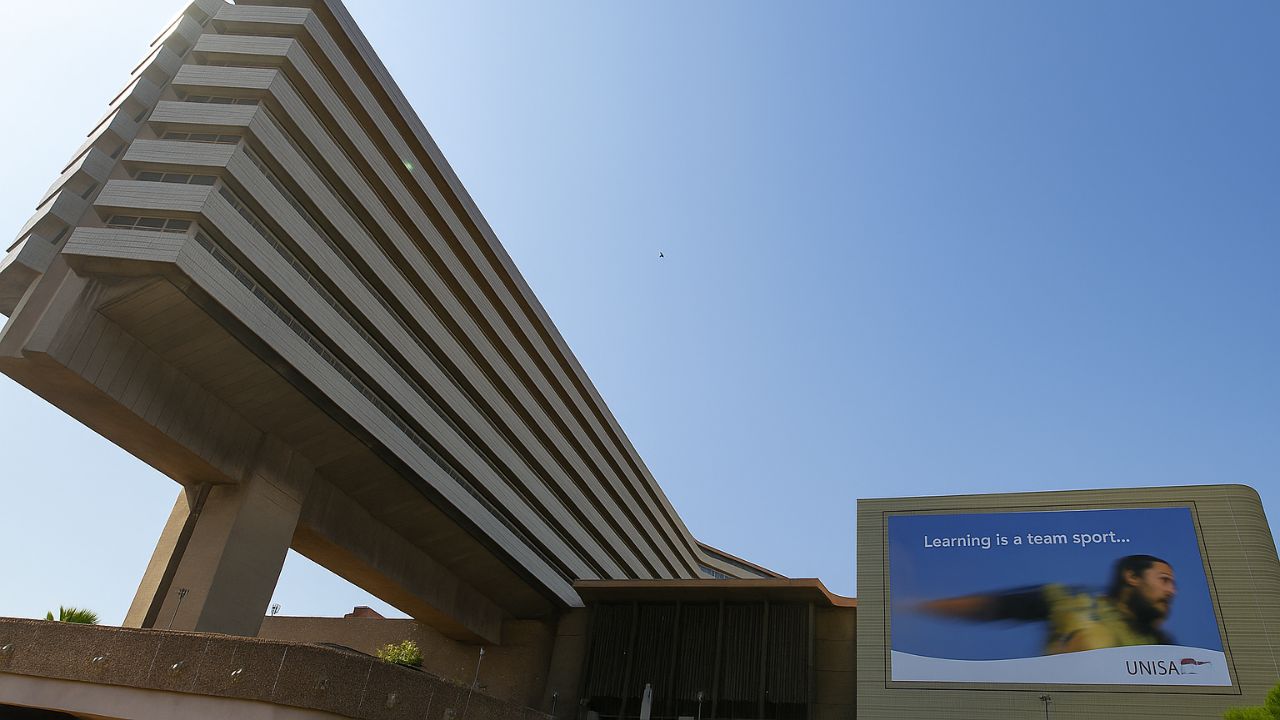
UNISA Under Fire as Whistle-Blowers Expose ANC-Linked Spending Scandal. The University of South Africa (UNISA), the country’s largest distance learning institution, is facing renewed scrutiny following explosive allegations of financial mismanagement, governance failures, and the targeting of whistle-blowers. At the heart of this controversy lies a shocking claim: R500,000 was allegedly spent on an ANC-aligned event, triggering disciplinary action against those who dared to expose it.
Minister of Higher Education Monitors the Fallout
In response to growing concern, Higher Education Minister Nobuhle Nkabane has confirmed that her department is closely monitoring the situation. She has publicly acknowledged reports of suspensions targeting senior officials, particularly those in the finance division, who have been accused of “leaking” sensitive information related to irregular expenditure.
“The Department of Higher Education and Training is deeply concerned about the recent developments at UNISA,” said Minister Nkabane. “We are engaging the institution to address any issues of governance and operational accountability.”
This isn’t the first time UNISA has been embroiled in controversy. The institution has been the subject of repeated claims of poor governance, systemic flaws in oversight, and suspected financial improprieties stretching back several years.
R500,000 Spent on ANC Gala Dinner Raises Eyebrows
At the centre of the latest scandal is a R500,000 proof of payment connected to a lavish ANC gala dinner held in Cape Town in 2023. According to inside sources, a senior finance official allegedly downloaded and flagged the payment as suspicious, questioning its relevance to UNISA’s academic and administrative functions.
Instead of receiving commendation for transparency, the official was met with punitive action. He was suspended, allegedly as retribution for exposing what may be classified as the inappropriate use of university funds.
This revelation adds to growing perceptions that whistle-blowers at UNISA are being punished rather than protected.
AfriForum Steps In to Represent Whistle-Blowers
The matter has since attracted the attention of AfriForum’s Private Prosecution Unit, which has accused UNISA of cultivating a culture of silence and intimidation. In a bold move, the unit announced that it would legally represent Donald Ndlovu, a former senior finance manager placed on cautionary suspension at the end of April 2025.
AfriForum’s spokesperson, Barry Bateman, issued a statement criticising UNISA’s disciplinary processes, describing them as vague, inconsistent, and possibly retaliatory.
“Our client, Mr Ndlovu, has been suspended under suspicious circumstances that seem more aligned with silencing dissent than upholding due process,” Bateman said.
The unit also continues to represent Dr Reshma Mathura, the university’s acting Vice Principal of Finance and Chief Financial Officer, who has been on suspension for over a year. Despite numerous investigations clearing her of wrongdoing—including unfounded claims of receiving bribes from students—Dr Mathura remains sidelined, allegedly for cooperating with the Hawks’ investigation into financial irregularities.
Whistle-Blowers or Targets?
What emerges is a troubling picture: individuals who choose to expose corruption within UNISA appear to suffer professional consequences, while institutional accountability remains elusive.
Gerrie Nel, head of the Private Prosecution Unit, has voiced strong concerns over the university’s treatment of whistle-blowers. According to Nel, the allegations against Ndlovu are being used as a smokescreen to deflect attention from deeper systemic issues.
“We have developed a theory that Mr Ndlovu’s suspension has little to do with the ANC event. We believe the action is a strategic move to suppress transparency and intimidate others who may consider coming forward.”
He further challenged the university to provide concrete evidence justifying Ndlovu’s removal, citing the absence of credible misconduct documentation as highly problematic.
Ministerial Oversight and Future Implications
While Minister Nobuhle Nkabane has yet to announce direct intervention measures, her commitment to maintaining integrity within South Africa’s higher education sector sends a strong message. Stakeholders—including students, academic staff, and civil society—are demanding transparency and reform.
There is growing concern that the governance crisis at UNISA could have broader implications for the credibility of public universities across the country. With enrolments in the hundreds of thousands, any reputational damage to UNISA undermines the access to distance education for a large portion of South Africa’s population.
Calls for Independent Inquiry Grow Louder
Numerous calls have now been made for an independent inquiry into UNISA’s financial practices and disciplinary procedures. Education watchdogs and civil rights organisations argue that suspending finance officials without clear charges or timely investigations not only violates their rights but may also obstruct justice.
Students have also begun voicing their frustrations, noting that while administrators clash over internal politics, academic services continue to suffer, and tuition-related queries remain unresolved.
Conclusion
As it stands, UNISA is at a critical juncture. The university’s legacy as a beacon of open distance learning in Africa is being threatened by allegations of corruption, mismanagement, and suppression of whistle-blowers. The coming weeks will be pivotal in determining whether the institution can restore its reputation—or whether the rot runs deeper than previously thought.

